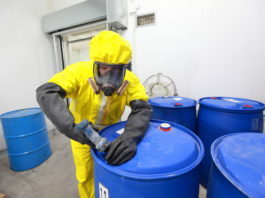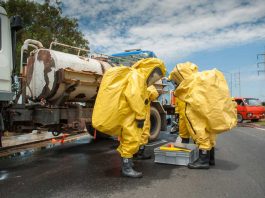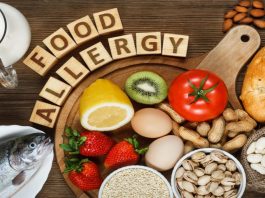Unlimited Access
Learn what you want – when you want – and at your own pace! Our learning platform helps you take control of your career by building the right skills at the right time.
Comprehensive Catalog
Access thousands of expert-authored courses covering the latest in occupational safety training, continuing education, and certifications.
Interactive Content
All courses have interactive multimedia content that helps students learn faster and retain the information longer.
Subject Matter Experts
Courses designed and written by the top experts in their fields.
Group Discounts
Get huge discounts by enrolling and training all your employees.
5 Days a Week
Hours of Operation for support are:
Monday through Friday 8am (CST) to 8pm (CST)
Saturday Closed
Sunday Closed
ARTICLES
- Advertisement -

Popular
Food Safety for Camping and Hiking
Camping and hiking are great ways to exercise and appreciate nature. But they also create hunger - and food that is not packed properly and handled safely can create foodborne illness.
Food Safety for Seafood
The safe handling of seafood is essential to reducing the risk of foodborne illness. Follow basic food safety tips for buying, preparing, and storing fish and shellfish — so you and your family can safely enjoy the fine taste and good nutrition of seafood.
Eggs and Salmonella Dangers
Eggs aren’t just for breakfast anymore. Low-carbohydrate diets finds more people consuming eggs, but there can be health risks if eggs are not handled, stored, and prepared safely. #NationalEggDay is observed annually on June 3 . It is not only the perfect time to celebrate by trying a new egg recipe, but also to refresh you food safety knowledge and procedures on eggs.
Biological Food Hazards
Biological food hazards are biological agents that can pose a threat to human health and include bacteria, viruses, and parasites. Bacteria and viruses are responsible for most foodborne illnesses and are the biggest threat to food safety. The most common result of infections from biological agents is gastroenteritis - inflammation of the stomach and small intestine. Also called the “stomach flu”, gastroenteritis is generally acquired through consumption of contaminated food or water, or through direct contact with an object, surface, or person - as a result of poor sanitation and/or hygiene.
People at Greater Risk for Foodborne Illness
It is very important to understand that certain groups of people have a higher risk for contracting a foodborne illness - and have a greater severity of an illness.



















































